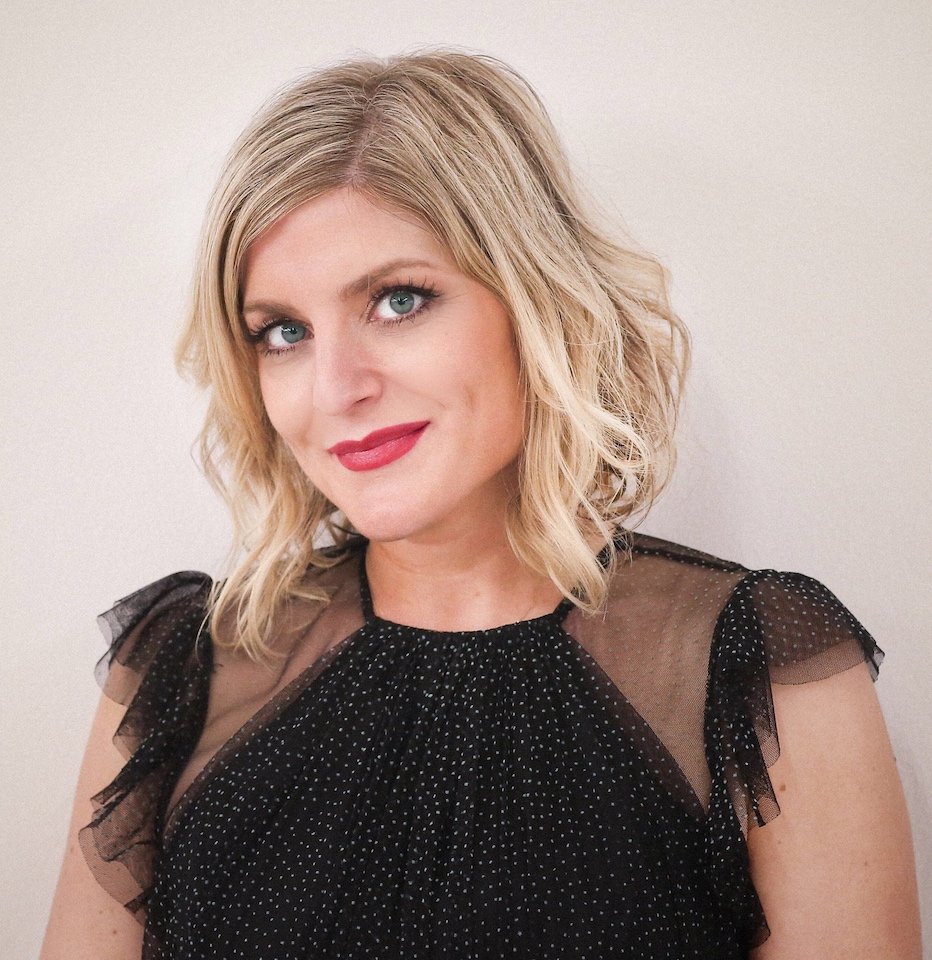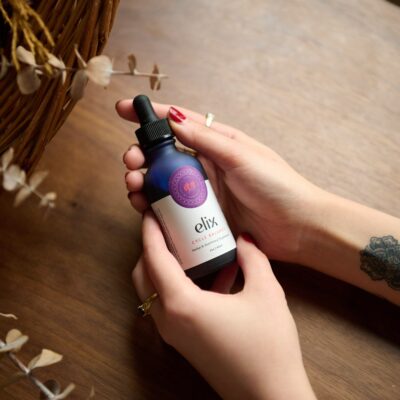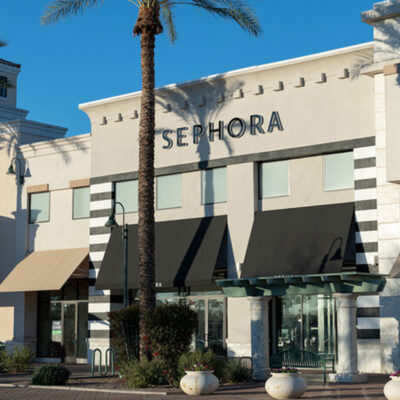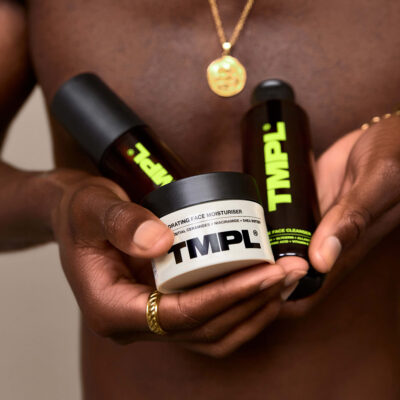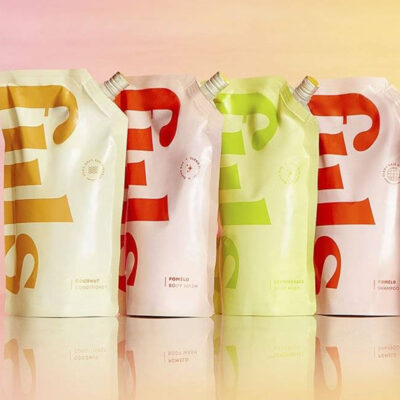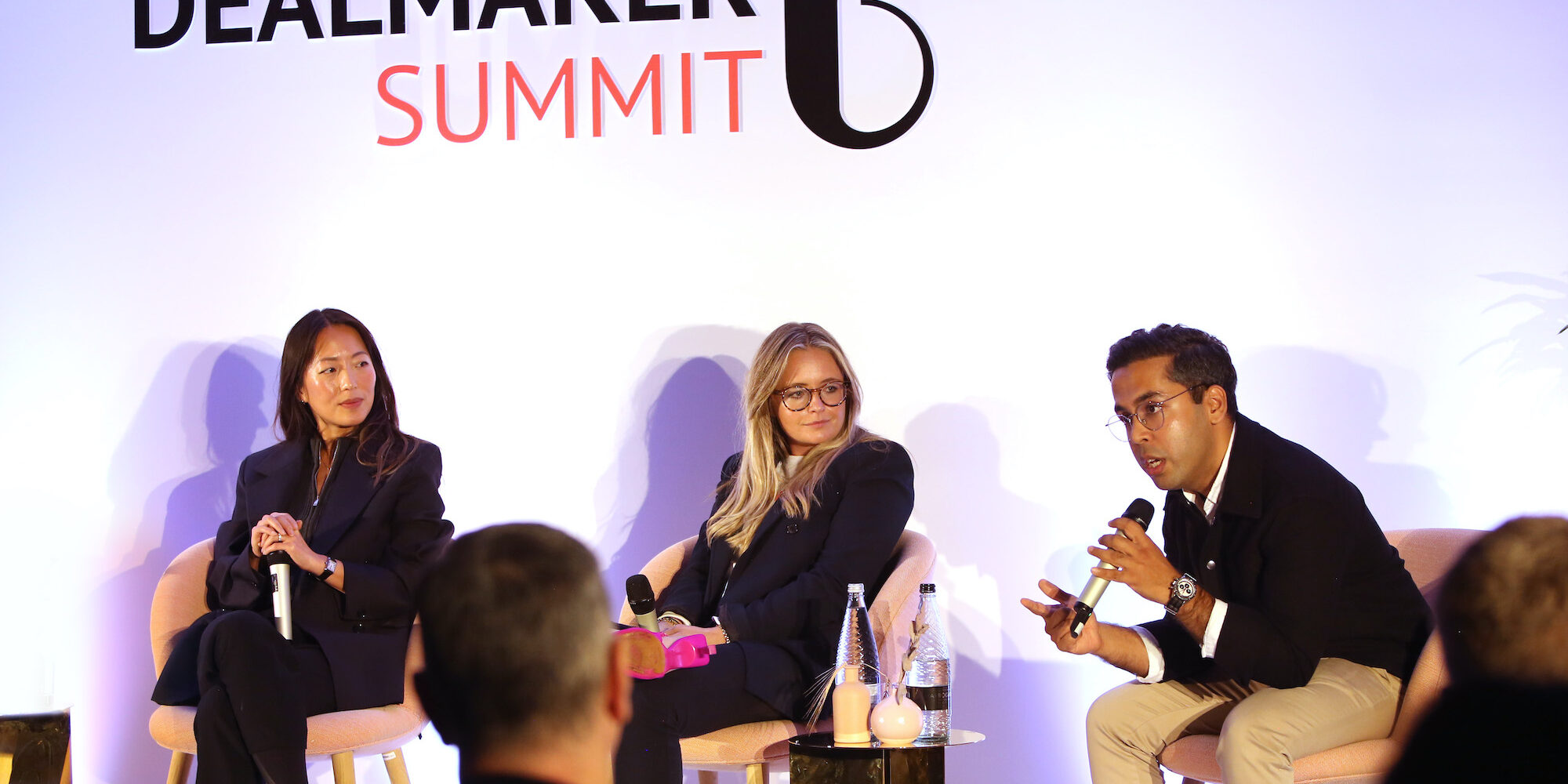
From Fragrance Category Bullishness To An Emphasis On Omnichannel, 10 Top Takeaways From Dealmaker Summit EU/UK
The number of beauty deals has been depressed this year, but beauty industry dealmakers’ outlook isn’t. At Beauty Independent’s Dealmaker Summit EU/UK in London earlier this month, speakers from companies the likes of JPMorgan, Unilever Prestige, Sephora UK, McKinsey & Co. and Beauty Pie expressed cautious optimism about the current state of the industry and unbridled enthusiasm about its long-term prospects. There was certainly sobering talk about the uncertainty at the moment, but also a commitment to finding solutions to help beauty businesses navigate choppy waters.
Below, we share 10 key points on distribution, technology, category strength and more made by the speakers who provided insights during 12 Dealmaker Summit EU/UK sessions on topics ranging from the supply chain to sexual wellness.
1. Sometimes steep multiples are worthwhile.
Explaining the 8X earnings multiple Waldencast paid for Milk Makeup in 2021, Waldencast founder and CEO Michel Brousset says, “The bet we took is, No 1., this brand is a real brand. There’s a lot of…performance marketing engine-made brands or collections of products. This is a real brand with a real following and a real articulation of values that resonate with consumers. No. 2, we took a bet on the rebound of makeup after COVID, and I think we’re right on that bet. This is a business that has grown 40%-plus consistently year-over-year, and we’ve turned the profitability [around]. It’s going to be a substantial profitable business.
So, it’s a calculated bet in terms of multiple. In reality, when I evaluate a company, I look at what’s the net percent value, what we can do with that business, what we can afford to with that business. I think Milk has the shoulders to be the biggest beauty brand of the next generation. It is what I think what MAC did to make up in the ’90s or what Maybelline did to makeup in the ’70s and ’80s. I think this is going to be at least one of the largest makeup brands in the world.”
2. The fragrance category will continue to grow.
Hanadi Al Hamoui, managing director, consumer and retail investment at Bank of America, says, “Fragrance is about $50 billion TAM [total addressable market], out of which the luxury market is around 10%. We think that that segment is going to double, and that’s why all of the big guys are super keen on the category. We are seeing a ton of innovation now come out that we hadn’t seen in years before, and I do truly believe that this sector is more akin to luxury than even beauty.
The category used to be a 3% to 4% grower historically, then more recently with COVID, it became a high single digit to 10% to 12% grower. When looking at some of the market studies on my projects at the moment, I think everyone is forecasting it to stay at that level. I would say the mass fragrances will also reduce and the niche fragrances will continue to grow. So, I think it is a bit of a tale of two worlds. The mass portion is going to continue reducing at the benefit of the niche fragrance category, which will continue to bloom.”
3. It’s important for brands to nurture a local audience before going global.
Emily Bullman, investor at JamJar Investments, says, “We always encourage our brands to nail the home market first, and we think there is more value in demonstrating that your brands can work online and in retail than to show that DTC could kind of work in the UK, Germany, Australia, etc. So, can you nail that omnichannel strategy?
I think there is a temptation for brands to quickly go to the U.S. because it’s a massive market and often the U.S. knocks on your door, and you think it’s a great opportunity, and why not? But, to do the U.S. successfully, I think you have to be really considered about your approach.You need to have a ton of capital and experience behind you to effectively capitalize on that opportunity.”
4. Intellectual property for its own sake isn’t enough.
Samantha Etienne, global GM at L’Oréal venture capital fund BOLD, says, “Tech for tech means nothing. So, really the question is about adoption. On top of this, what is the potential for co-creation and collaboration?…This is what is going to trigger the investment.”
5. Members of gen Z and gen alpha are communicating very differently than earlier generations.
Aaron Chatterley, co-founder of Feelunique and Indu, says, “I’ve got two 14-year-old daughters, they both have email accounts. They will never read emails. It’s very rare, but they do respond to Snapchat messages. So, for us, it’s very much around community and around tapping into the way that [teens] talk to each other and the way they learn and they experience and they engage with the outside world.
The first hire we made was the head of community. We got the head of community from Discord in San Francisco. She is our interface between our audience and us. She uses a platform called Mighty, which is safe for that age group. It’s a closed user group. So, we can poll them, we can speak to them directly, we can speak to them as groups, we can collect all the data and that kind of committee formed what is now the basis of building our community externally. Without it we wouldn’t be anywhere near where we are at this point in time.”
6. Investors value omnichannel distribution now more than ever.
Cécile Chevallier, investor at Verlinvest, says, “Brands used to spend a lot of money online with…this importance of tracking the ROI and marketing, etc. Now, we need some early proof of concept in retail because, if you’re online only, it’s going to cost you way too much, and we see how competitive the space is. We need that offline traction to be validated.”
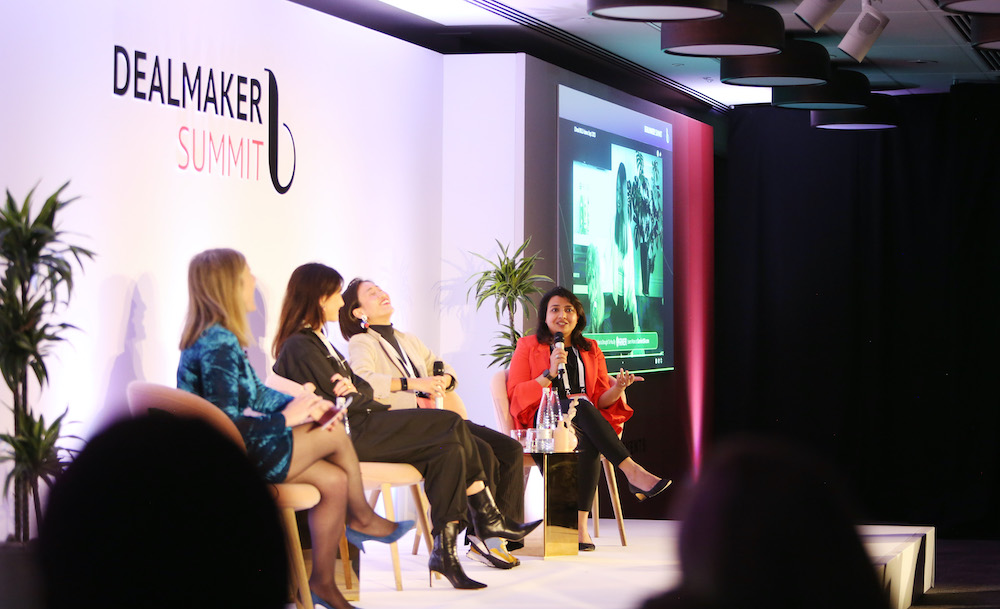
7. Sexual wellness increases shoppers’ basket size at stores.
Eden Chiang, co-founder of The Oh! Collective, says, “You buy a vibrator, what else do you buy with it? You buy a lubricant, you buy a wash, and then customers will continue to buy lubricants and washes. Those are repurchasing products. And not just that, there’s also supplements on top of that as well. We recently launched our sex bonbons, they’re libido chocolates. It’s a great way to introduce the customer to your brand, and it’s also another product to increase the basket size.”
8. Bootstrapping can be the right choice for an indie business.
Maria Hatzistefanis, founder of Rodial, says,“Being a private company, the drive for our business is profitability. The aim is to be profitable and have single- to double-digit growth, depending on how the market is doing. Because we are profitable, we don’t need the investment. I realize there’s a lot of companies that go this VC/private equity route, and they need to fund the growth, and they’re in the place where they desperately need the money, but we don’t need the money.
For me, it’s only going to be when it feels right. I always trust my gut feeling with everything I do, and there’s been times we sat down [with investors] and had conversations, and it just didn’t feel right. We weren’t aligned on the goals of the business. When I started the business, a lot of people were asking me, ‘What’s your end goal?’ I’m like, ‘I don’t know what you’re talking about. I love what I do. I am excited to go to work every day and be creative and have fun with it.’
I’m not a serial entrepreneur. I didn’t start this so I can create 10 businesses and sell one after the other. So, we’ve met people over the years and something may come up in the future, but when the timing is right and the gut feeling is there, we’ll do it.”
9. Beauty M&A is strong despite a slower deal rate lately.
Varenya Vadlamani, executive director, investment banking at JPMorgan, says, “Beauty as a consumer category is probably one of the most prominent ones for having been built through M&A. So, if you look at all the large global players, M&A has been key to their massive scalability over the years, and it is because beauty is global. Beauty has a lot of synergistic channels. The consumer is continuously expanding her wallet, and you are able to serve different parts of the same family’s wallet or serve a new desire that the consumer did not know. So, there’s this constant ability to add more products to your own portfolio without necessarily cannibalizing others.
So, M&A will remain key to this sector. I don’t think that is going away anytime soon. That is a secular trend, as we like to say, but that being said…Any of the best M&A integrating giants, they will have their share of successes and brands that didn’t do as well. Sometimes…the brand wasn’t able to stay as relevant. In beauty, we are in the business of building brands that make emotional connections with the consumers…It’s either the brand loses a little bit of relevance or someone else comes and eats their lunch because they were able to do something differently better.”
10. Beauty’s premiumization push will spread.
Vasiliki Petrou, group CEO of Unilever Prestige, says, “Premiumization is key to have a successful business that makes good money. There’s a lot of premiumization of the mass channel by folks like The Inkey List. Fragrance is a category that’s going through much more of a premiumization. Some categories are underdeveloped like premium hair is underdeveloped, so it’s going to grow for the next 10, 15 years. That’s a secure investment to make, for example.
Beauty has always been resilient. I don’t think that’s going to change. If anything, people thrive in some strange ways because beauty is part of our self-confidence, of looking good, getting a job, so much around self-esteem, and that’s why I think it’s such a beautiful category to be part of.”
Click here to secure early bird tickets to Dealmaker New York happening June 17-18, 2024.
